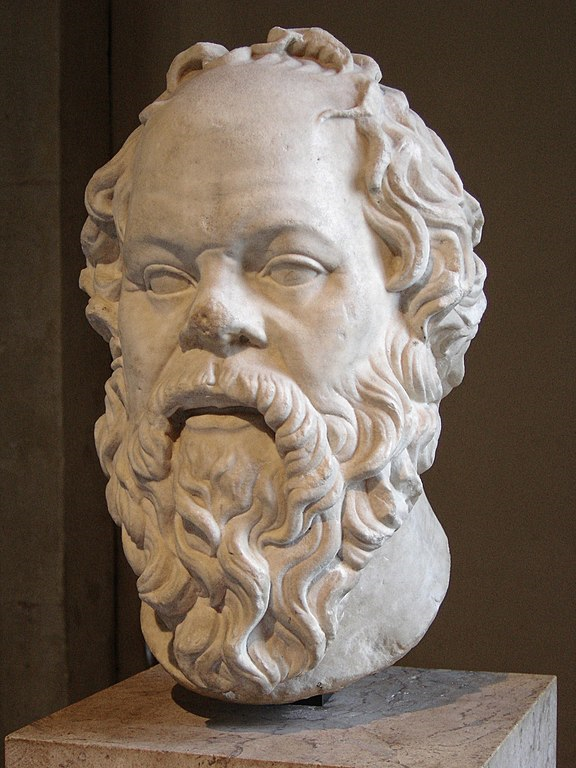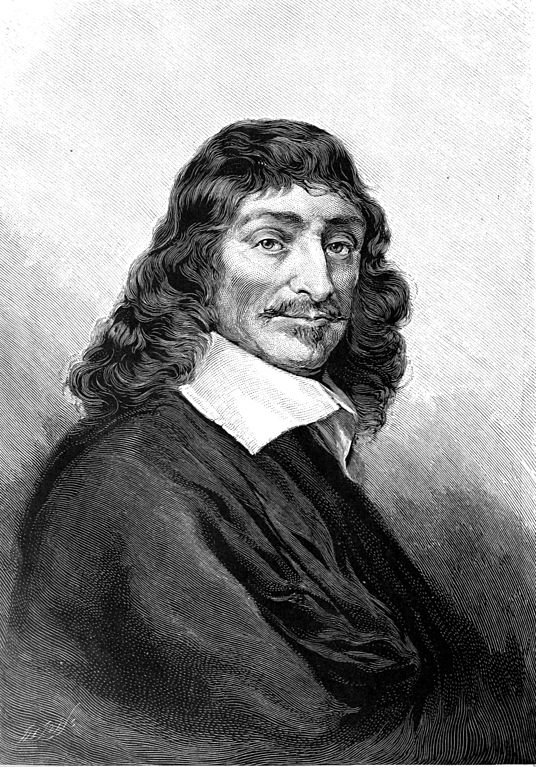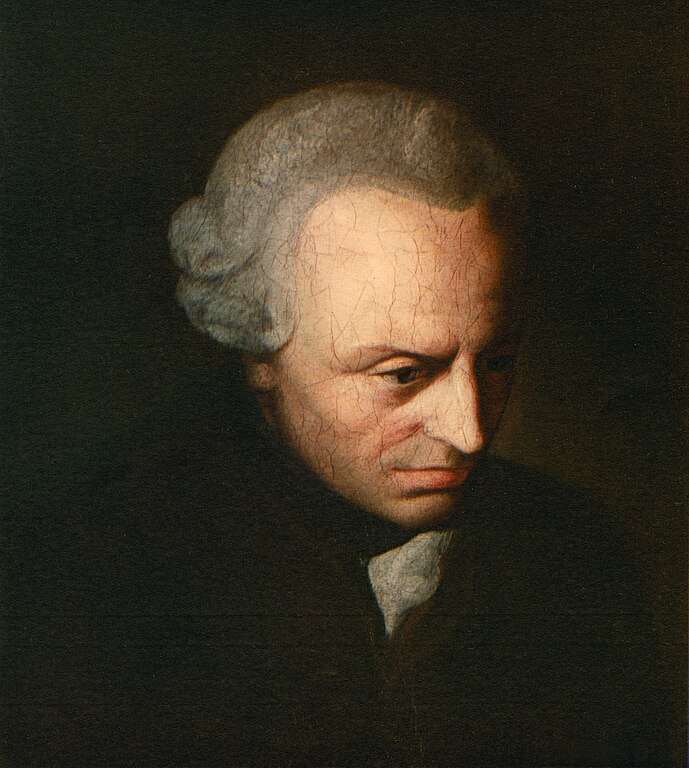Philosophy isn't just for thinkers; it's for all of us who want to think about life's big questions. Let's get to know philosophy and get to thinking—together!
{{ vm.tagsGroup }}
19 Nov 2024
5 Min Read
Yael Niv Eliav (Contributing Writer), Nellie Chan (Editor)
Philosophy isn't just for thinkers; it's for all of us who want to think about life's big questions. Let's get to know philosophy and get to thinking—together!
Philosophy. It might sound a bit intimidating, but at heart, it's simply the love of wisdom. It invites us to ask questions like: What is reality? How do we know what we know? What makes something right or wrong? These questions aren't just for scholars; they're for everyone! Philosophy helps us think critically, examine our beliefs, and make sense of the world around us. In this article, we'll introduce the basics of philosophy, providing a solid foundation for anyone curious about the profound questions (and answers) that influence our lives!
Philosophy has its origins in Ancient Greece, where the term comes from the Greek words φίλος (philos), meaning 'love', and σοφία (sophia), meaning 'wisdom'. This love of wisdom led early thinkers to seek answers to life's fundamental questions about existence, knowledge, and morality. One of the first philosophers, Thales of Miletus, challenged the mythological explanations of natural events, such as earthquakes being blamed on the anger of Poseidon, the god of the sea. Instead, Thales proposed that water was the essence of all things, suggesting that natural phenomena could be understood through observation and reason. It marked the beginning of a new way of thinking—one that encouraged critical thought and a deeper understanding of our world, inspiring the thinkers who followed.
Over time, philosophy evolved into a deep and expansive discipline, developed through the ideas of many great thinkers. Here are three famous figures from their respective periods and the lasting legacies they left behind:
Socrates is often referred to as the founding father of Western philosophy. He believed that wisdom begins with recognising our own ignorance. His method, known as the Socratic method, encouraged critical thinking by challenging assumptions and deepening understanding. Since Socrates didn't write down his ideas, most of what we know about him comes from his students, like Plato. His thoughts on ethics and virtue continue to inform how we think about right and wrong and what it means to live a meaningful life.
René Descartes was a foundational figure in the development of modern philosophy. Famous for the phrase Cogito, ergo sum ('I think, therefore I am'), he argued that the act of thinking is proof of our existence—if we can think, we must exist to do so. Descartes introduced a method of doubt, questioning everything until he could find something unquestionably true. His exploration of the mind-body problem continues to shape modern discussions about consciousness, perception, and epistemology.
Immanuel Kant was one of the most influential philosophers of the modern era. In his work Critique of Pure Reason, he argued that we can never know things as they truly are, only as we experience them. He also formulated the concept of the categorical imperative, which asserts that we should act according to rules that we believe should apply to everyone. Kant's ideas have influenced many fields, from ethics and politics to science and art, and continue to be a cornerstone of philosophical thought today.
To navigate this vast and evolving discipline, philosophy is divided into branches, each providing a distinct framework for understanding the world and our place in it:
To explore life's fundamental questions, philosophers have developed methods of thinking, arguing, and imagining. Let's take a closer look at the three most important ones:
Critical thinking is the central principle of philosophy, with its roots tracing back to ancient thinkers like Socrates (though he didn't use the term himself; John Dewey did). At its core, critical thinking involves analysing ideas, assessing arguments, and evaluating the evidence behind our beliefs. Philosophers use this method to deconstruct complex concepts, identify deficiencies in reasoning, and draw well-supported conclusions. Rather than accepting things as they are, it inspires curiosity and cultivates independent inquiry.
Dialectic arguments also trace their roots to Socrates, who developed the method through dialogue and debate (often referred to as the Socratic method). It involves challenging assumptions, listening intently to others, and testing ideas through thoughtful discussion. Socrates used dialectical arguments to foster self-reflection and critical thinking in his students, guiding them towards truth through collaborative inquiry. The aim isn't to 'win' an argument but to engage in intellectual exchange and encourage a deeper understanding of the ideas at hand.
Thought experiments are mental exercises designed to explore hypothetical moral and philosophical dilemmas, with origins dating back to ancient thinkers like Aristotle. One famous example is the Trolley Problem, introduced by British philosopher Philippa Foot in the 1960s, which considers whether it is ethical to sacrifice one life to save many others. Another example is Theseus's Ship, a philosophical paradox from Ancient Greece that examines whether something remains the same if all its parts are replaced. Although thought experiments rarely offer definitive answers, they invite deeper inquiry into these issues and inspire fresh, thought-provoking perspectives.
In the end, philosophy is more than an academic pursuit or a collection of ancient texts—it is a practice born from the love of wisdom. Whether contemplating existence, exploring morality, or reflecting on everyday decisions, philosophy encourages us to approach life with curiosity and compassion, enriching both our minds and hearts. In a world often focused on quick answers, philosophy emphasises the importance of asking meaningful questions and the profound possibilities they hold. Ultimately, to love wisdom is to embark on a journey of continuous learning, growth, and connection—one that brings us closer to understanding ourselves, others, and the world around us, leaving us a little wiser than before.
Yael Niv Eliav is currently pursuing a Bachelor of Social Science (Honours) in International Relations at Taylor's University. She is not only a critical writer with a deep interest in colonial literature and history, but also a vocal advocate for human rights and social justice, particularly in the Middle East and Asia.


